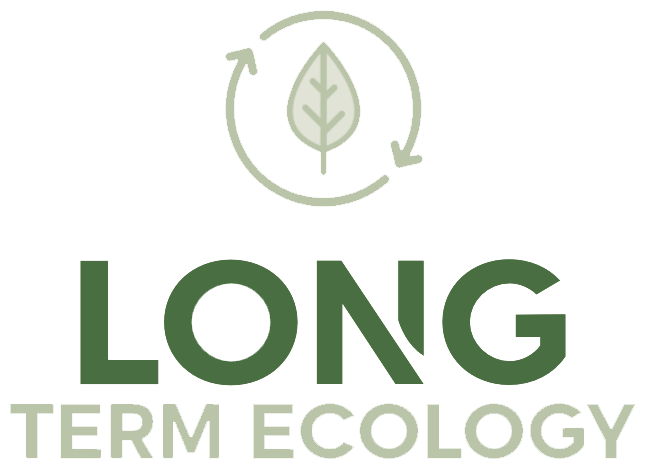Cultural Burning in Travelling Stock Reserves
Riverina and South-east regions of rural NSW
The Cultural Burning in Travelling Stock Reserves project is underpinned by a large-scale cool burning program undertaken by Ngunnawal and Wiradjuri Aboriginal peoples across critically endangered box-gum grassy woodlands on travelling stock routes (TSRs) in the Riverina and South-east regions of rural NSW.
The project has formed a collaborative partnership with three Local Aboriginal Land Councils (Wagga Wagga, Young and Onerwal) to lead traditional burning practices on TSR sites on their Country (Ngunnawal and Wiradjuri), working closely with the NSW Local Land Services and the RFS. In conjunction with the burning program, researchers at the ANU, led by ecologists Dr. Elle Bowd and Prof. David Lindenmayer have undertaken an extensive ecological monitoring program to determine how biodiversity and fuel loads and flammability respond to the reintroduction of cultural burning over time.
This cross-cultural project unites traditional management and western science in a collaborative partnership, and is one of the first of its kind in south-eastern Australia. The model developed here will inform and support the re-emergence of First Nations traditional management in eastern Australia, and build community capacity in rural First Nations communities, generating significant cross-cultural benefits.
The project has dedicated significant resources to provide opportunities for Aboriginal Australians in the cultural burning space and maximise cross-cultural benefits including:
- Direct employment of 40 local Aboriginal Peoples on Ngunnawal and Wiradjuri Country as cultural burning practitioners, and one full-time burning leader (Wiradjuri man, D.Freeman).
- Sponsorship of 38 Aboriginal rural community members to obtain formal cultural burning training certificates through the Rural Fire Service – increasing future employment.
- Firefighting equipment and personal protection equipment for Local Aboriginal Land Councils to support newly trained burning practitioners.
- Opportunities for knowledge sharing and skill-development on burning Country.
ANU field staff have collected comprehensive datasets on the pre-post burning condition of project sites (vegetation, soils and fuel loads) across 70 sites and multiple time periods. This new knowledge will help inform future cultural burning projects to maximise ecological benefits.
The project has been a great success and generated many social, cultural and economic benefits for rural First Nations communities in south-eastern Australia. It has also established a strong working partnership between these communities, ANU, LLS and the RFS, forming a strong blueprint to build upon with future investment.
All partners support the expansion of the project to continue and maximise the incredible project outcomes delivered by this project, including:
- Cross cultural partnerships that have generated an interface between First Nations knowledge and western science and management.
- The extensive ecological monitoring program developed to determine the outcomes of the reintroduction cultural burning – which require long-term monitoring.
- Cultural, social and economic benefits for Aboriginal community members in rural NSW.
